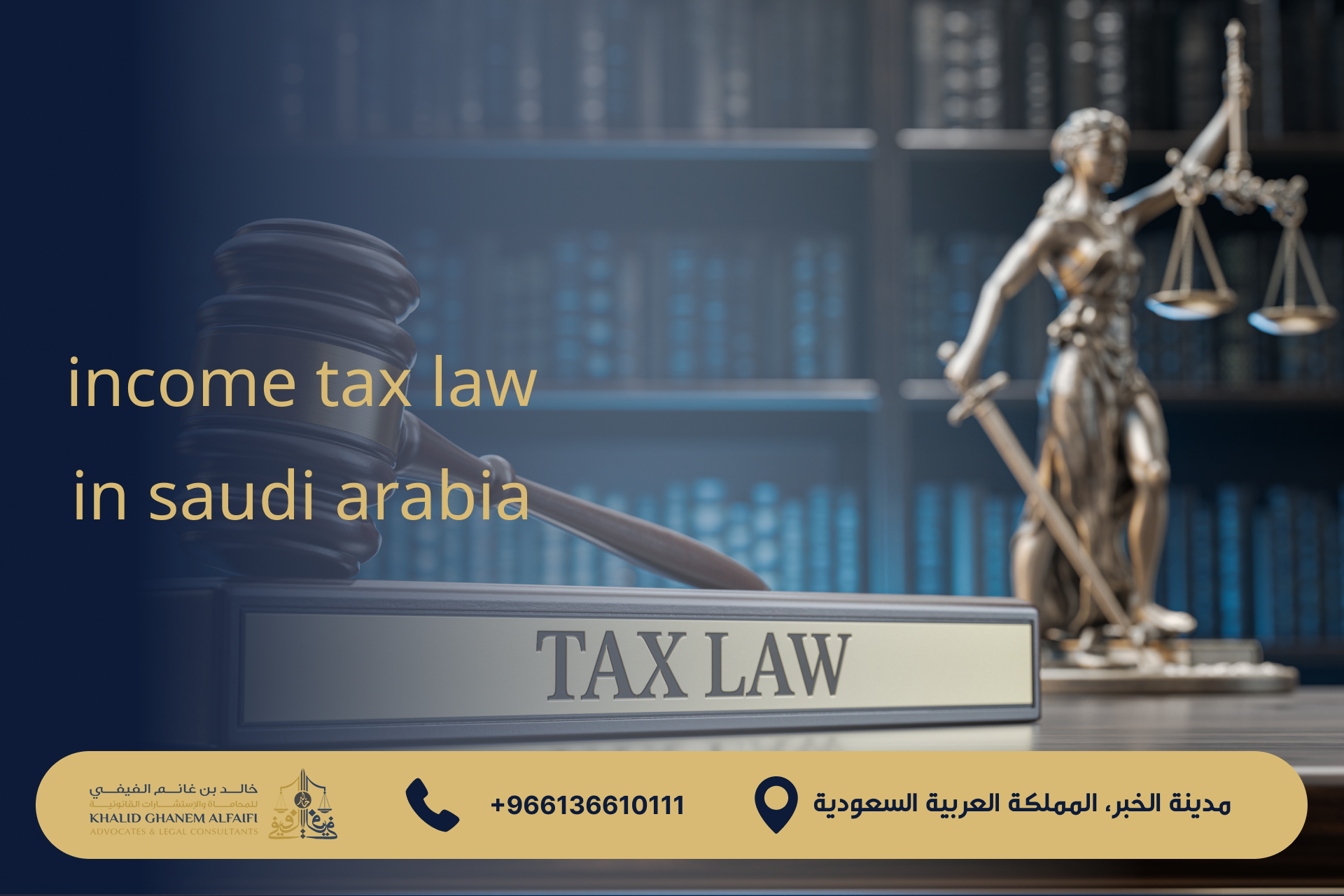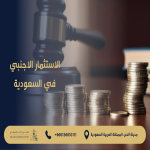Income Tax law in Saudi Arabia is one of the main financial tools aimed at achieving sustainable development and enhancing state resources. This system is characterized by its comprehensiveness and precision in organizing the relationship between individuals and companies on one hand, and the state on the other, to ensure fairness in the distribution of tax burdens. In this article, we highlight the most important aspects of the Saudi income tax system, including the concept of income tax, the taxpayers subject to tax, residency criteria, tax rates on the taxable base, and the exemptions from tax.
Concept of Income Tax
Income tax is one of the types of taxes imposed on the net income of natural and legal persons (companies) during a specific period.
Taxpayers Subject to Tax
The following categories are subject to the income tax law in Saudi Arabia:
Non-Saudi Resident Individual: Any non-Saudi individual who meets the residency conditions in the Kingdom.
Resident Corporate Entity: Any company established or managed in the Kingdom.
Non-Resident Person Engaged in Activities in the Kingdom through a Permanent Establishment: This includes foreign companies that have a branch, office, or any other establishment in the Kingdom.
Person Working in Natural Gas Investment.
Person Working in Oil and Hydrocarbon Production.
Concept of Residency in Saudi Arabia
A natural person is considered a resident in the Kingdom during the tax year if:
Permanent Residence: The person must have a permanent place of residence in the Kingdom, meaning a place prepared for permanent living, whether owned or rented, for no less than 30 days in the tax year.
Duration of Stay: The person must stay in the Kingdom for no less than 183 days in total during the tax year, counting only the days they are physically present in the Kingdom.
A company is considered a resident during the tax year if any of the following conditions are met:
It is an entity according to the Companies Law.
Its main management is located in the Kingdom.
You may also like to read: Real Estate Transaction Tax system in Saudi Arabia
Tax Rate on the Taxable Base
1.The tax rate on the taxable base is set at 20% for:
Resident corporate entities.
Non-Saudi resident individuals engaging in business activities.
Non-resident individuals engaged in business activities in the Kingdom through a permanent establishment.
2.The tax rates for income earned from oil and hydrocarbon production are as follows:
50% for those whose total investments in Saudi Arabia exceed 375 billion SAR.
65% for those whose total investments exceed 300 billion SAR and up to 375 billion SAR.
75% for those whose total investments exceed 225 billion SAR and up to 300 billion SAR.
85% for those whose total investments exceed 225 billion SAR.
Exemptions from Income Tax
Certain types of income are exempt from tax, including:
Income from government entities, public authorities, and public institutions.
Income from licensed charitable organizations.
Dividends paid to residents by resident corporate entities (under certain conditions).
Returns from government bonds and sukuk.
Penalties and Fines for Non-Compliance with Income Tax System
The following are some of the violations and penalties related to the income tax system:
Failure to submit the tax return within 120 days after the end of the tax year.
Submission of an incorrect or incomplete tax return.
Failure to pay the due tax on time.
Failure to notify the tax authority and submit the tax return if ceasing operations within 60 days.
Details of Fines:
A fine of 1% of total revenues, with a maximum of 20,000 SAR.
A fine of 5% on the unpaid tax if the delay does not exceed 30 days from the due date.
A fine of 10% on the unpaid tax if the delay exceeds 30 days but does not exceed 90 days from the due date.
A fine of 20% on the unpaid tax if the delay exceeds 90 days but does not exceed 365 days from the due date.
A fine of 25% on the unpaid tax if the delay exceeds 365 days from the due date.
Conclusion
In conclusion, the income tax law in Saudi Arabia is one of the fundamental pillars for achieving sustainable development and ensuring tax justice. Compliance with its provisions strengthens the stability of the national economy and supports a balanced economic environment that benefits everyone.
For more legal consultations:





